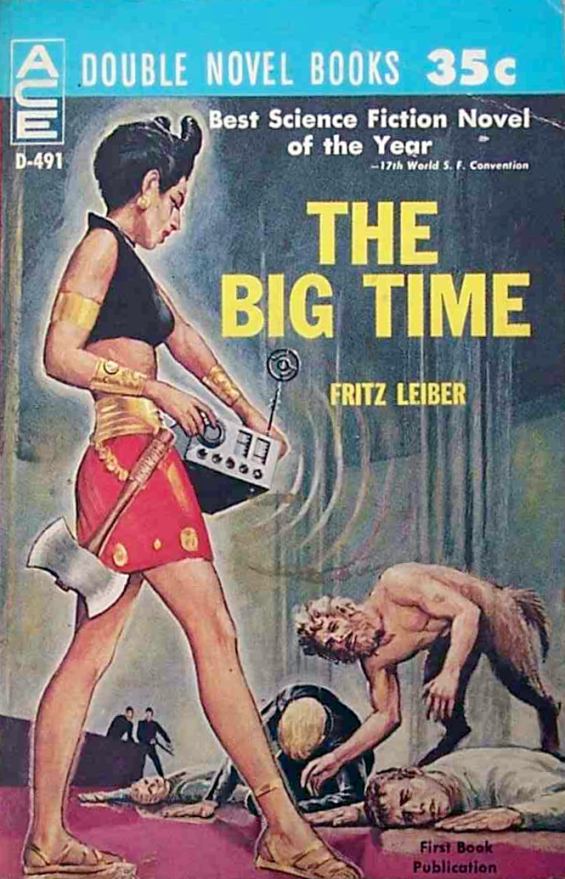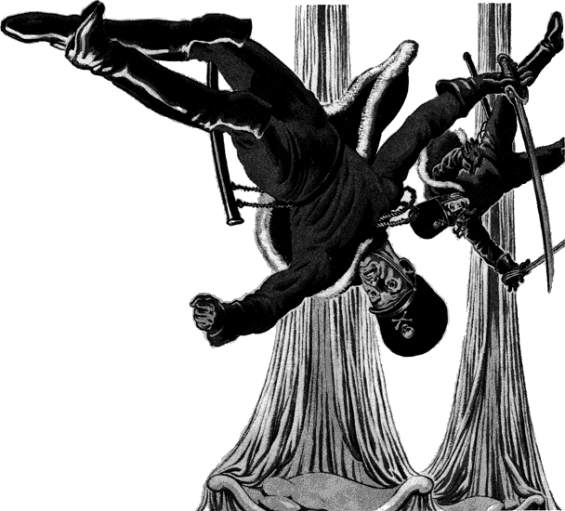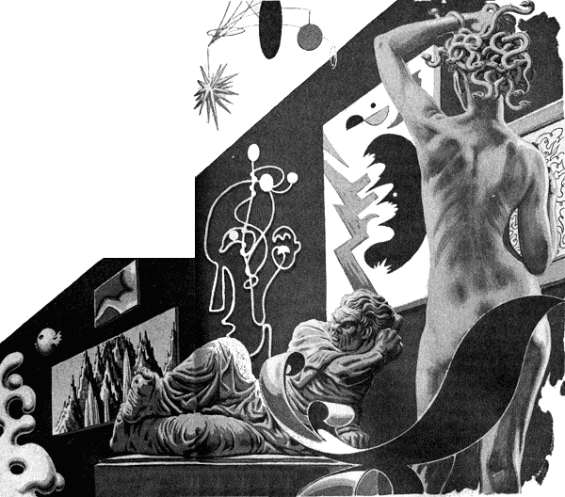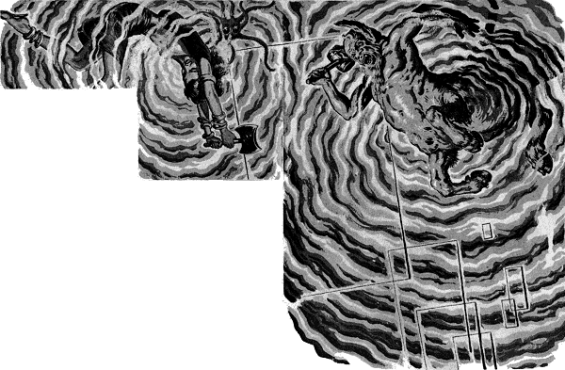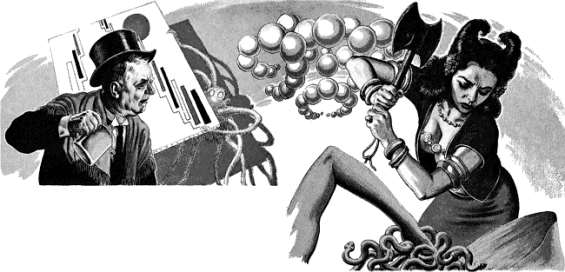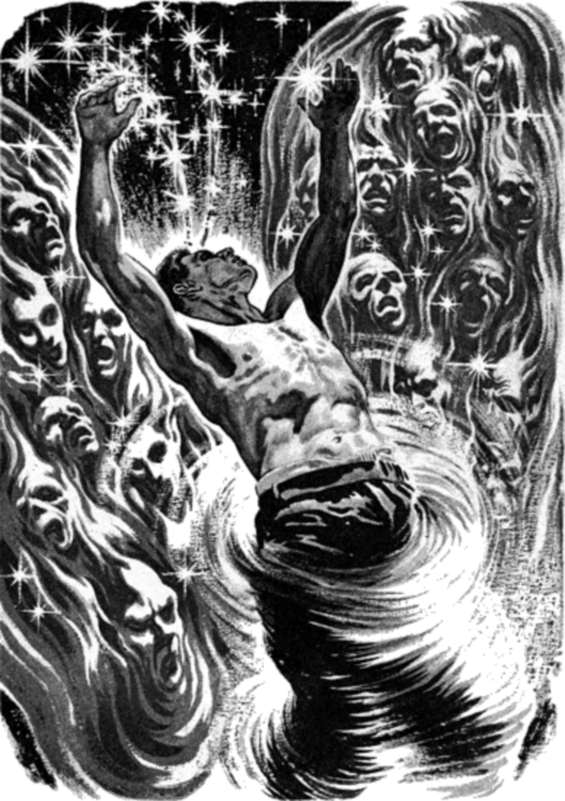
Look at this screenshot. Just look at it!

It’s screenshot of a torrent for an audiobook about ethics. The audiobook in question (one from Recorded Books’ The Modern Scholar series) is entitled Ethics, A History Of Moral Thought. It’s a course by Peter Kreeft, a professor of philosophy at Boston College and the uploader is listed as “anonymous”.
Why did he or she upload it?
Why did he or she do so anonymously?
Was uploading it wrong?
Am I wrong to download it?
Am I wrong to even point it out?
You may have answers to these questions. If you do they’re probably swirling around somewhere inside of you – but if they are of the sort of answers that are ready to latch on to just about any reasonable sounding analogy, the kind of analogy that matches the conclusion you want to come to, I’m betting they are the wrong answers.
If your answers to those questions don’t originate in your brain (figuratively) as much as they do your gut (again figuratively) we’d probably call those answers moral answers.
If, on the other hand, your answers have a structure to them, are logically argued towards (rather than just intuitively felt) and have some basis in experience we’d probably call those ethical answers.
Let’s go through the old argument:
1. Theft is wrong.
2. Using torrents is stealing.
_________________________
3. Therefore torrents are wrong.
This argument sounds good. It is simple and has a morally satisfying conclusion.
But if the premises have something wrong with them, we must reject the conclusion.
The problem is with premise #2 .
Torrents are/is a technology, like podcasts and email. Technology doesn’t usually come in only one flavour, just good or wholly evil. Torrents are the same. Copyright owners torrent their own material – that isn’t wrong. Public domain material is torrented – that isn’t wrong. So torrents themselves aren’t the problem. Even if we associate 99% of all torrenting with wrongful behavior that doesn’t make the technology wrong. Etc. Etc.
So what is wrong exactly? Is it that copying is theft?
Let’s go through that argument:
1. Theft removes a thing from someone’s use.
2. Digital copying does not destroy the original.
__________________________________
3. Therefore digital copying is not stealing.
Makes sense right? So theft, at least the precise meaning of it isn’t the problem. How about this argument:
1. Harm is wrong.
2. To infringe upon copyrighting causes harm.
___________________________________
4. Therefore copyrights shouldn’t be violated.
I like this one. I think a lot of other people like it to. My only problem is with premise #2. What does it mean exactly?
Does it mean that someone is physically wounded? Clearly not. I’m betting this isn’t a physical thing at all. Maybe it is something else, or maybe it’s purely financial.
Is there a financial harm?
Maybe!
Let’s have a look at that one such argument:
1. Copyright generates revenue for copyright holders.
2. Infringing on copyright subverts copyright.
___________________________________
3. Therefore not infringing copyright helps copyright holders financially.
And if you believe #1 I’ll happily lease this post for 1¢ per day (minimum 100 days please). Premise #1 in the above argument just isn’t true. It can be true, but it sure doesn’t make for as compelling an argument:
1. Copyright can generate revenue for copyright holders.
2. Infringing on copyright subverts copyright.
___________________________________
3. Therefore not infringing copyright could help copyright holders financially.
That’s enough to start with.
If you would definitely not have paid for Ethics, A History Of Moral Thought would it have helped the copyright holder?
If you definitely would have paid for Ethics, A History Of Moral Thought, then why haven’t you?
If you once considered it, but didn’t buy it, I’m betting it is either price or convenience that’s prevented you.
Both can influence ethical arguments, but often don’t because they complicate matters.
Consider:
$49.95 + shipping used CD on Amazon (no DRM but slightly inconvenient format) – copyright remuneration $0.00
$38.95 on Audible (with DRM) – copyright remuneration UNKNOWN
$30.36 + shipping used on cassette (no DRM but inconvenient format) – copyright remuneration $0.00
FREE on Audible for first time customers (with DRM) – copyright remuneration UNKNOWN
FREE on ThePirateBay.org (with no DRM and no inconvenience) – copyright remuneration $0.00
FREE at your public library (variable formats and convienience) – copyright remuneration UNKNOWN
What we end up with is a lot of question marks. And if you suspect that the answers to the three UNKNOWNS above aren’t likely to be equal I agree with you. But what I find more interesting is that two of those $0.00 answers actually don’t generate any moral disgust in most people and I think that may be where our answer lies.
Yeah, I said it. The used versions of books are neither immoral nor unethical!
And why is it exactly that the arguments in favour of making the purchase of used books unethical have all failed to change our minds?
Now weigh those variable UNKNOWNS against these knowns:
Negatives regarding download of copyrighted material via torrent:
1. Copyright holders do not directly benefit monetarily.
2. You may be, depending on jurisdiction, in violation of a law – which may be scary.
3. You may feel guilty.
Positives regarding download of copyrighted material via torrent:
1. Convenience – torrents are fast and easy, they are often better labelled versions of the content, they lack DRM.
2. Price – torrents are free.
3. Intangibles – sharing makes you feel good, other torrent users benefit, copyright holders may benefit indirectly.
If our reasoning happens inside a big bag of blackness our reasoning is going to be poor. Ethics is hard. I’d like to hear some arguments.
What’s your answer to these questions?
Posted by Jesse Willis






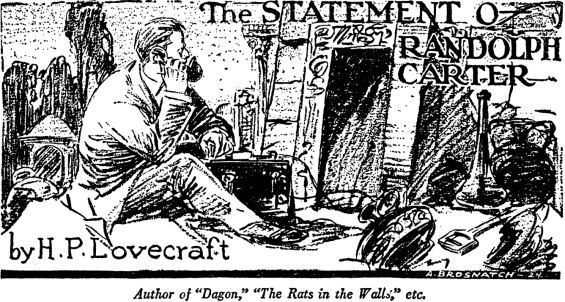
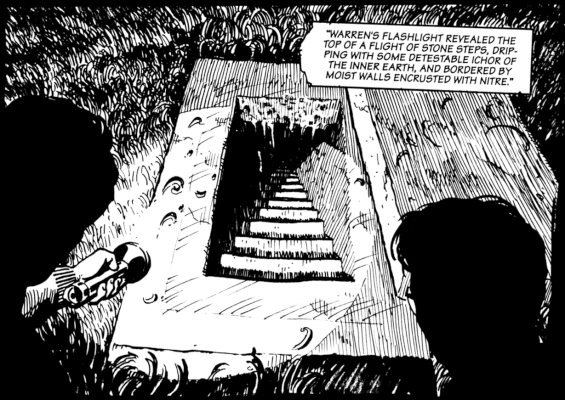
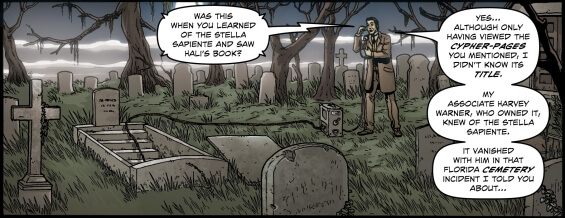
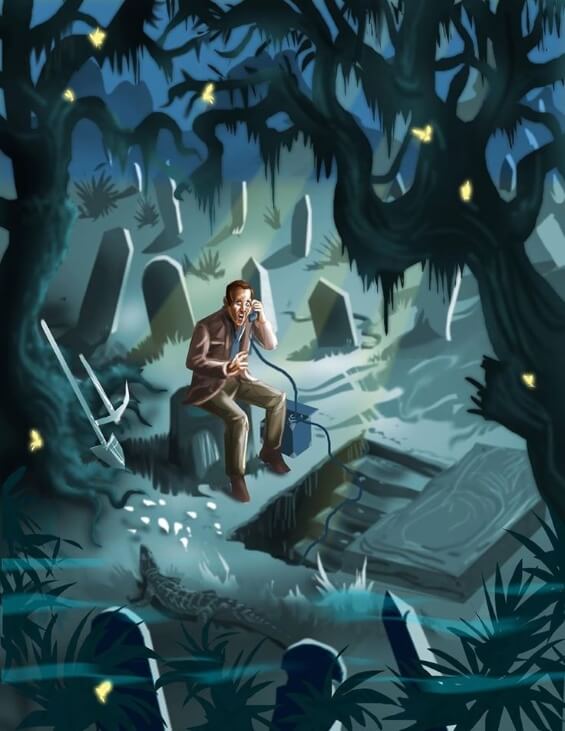
 The Big Time
The Big Time